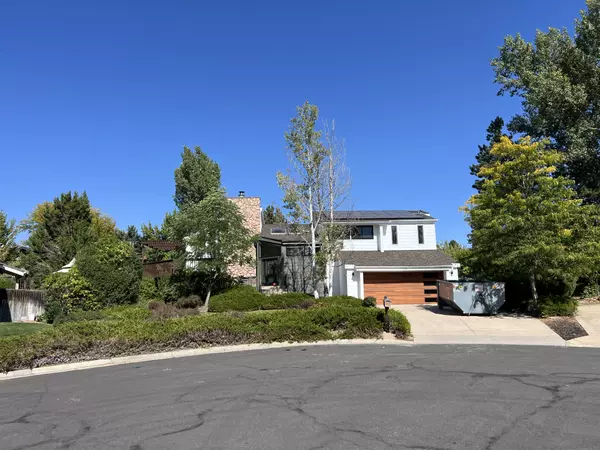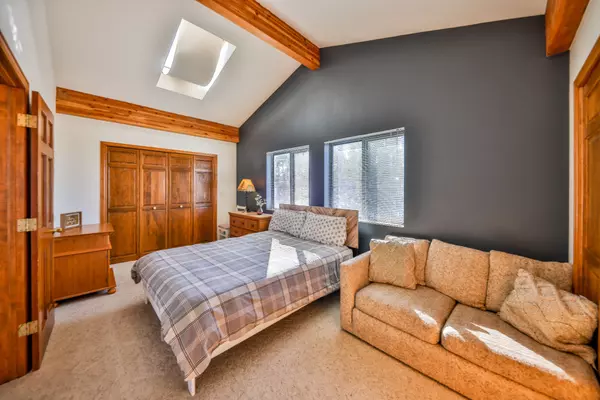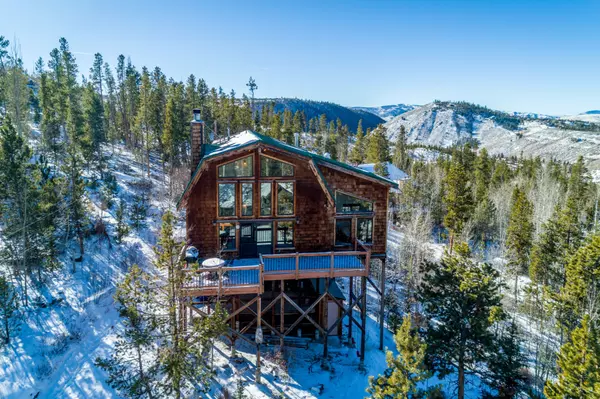Real Estate and the Gig Economy: How Flexible Work is Shaping Housing

The gig economy, characterized by short-term and flexible work arrangements, has had a notable impact on various aspects of society, including the real estate and housing market. Here are some ways in which the gig economy is shaping housing trends:
-
Income Volatility:
- Gig workers often experience income volatility due to the fluctuating nature of gig-based earnings. This can influence their ability to qualify for traditional mortgages and impact their housing choices.
-
Rental Market Dominance:
- Many gig workers, especially those in the freelance or gig-based service industry, may prefer renting over homeownership due to the flexibility it provides. Renting allows them to easily relocate for new opportunities without the commitment of owning a property.
-
Co-living and Shared Spaces:
- Gig workers, particularly those in urban areas, may turn to co-living arrangements or shared housing models to reduce living costs. Co-living spaces offer flexible leases, communal amenities, and the ability to adapt to changing work locations.
-
Remote Work and Location Independence:
- The rise of remote work in the gig economy has enabled workers to choose their preferred locations, often outside of traditional urban centers. This has contributed to increased interest in suburban and rural areas, impacting housing demand in these regions.
-
Short-Term Rentals and Airbnb:
- Some gig workers engage in short-term rental activities, either as hosts on platforms like Airbnb or as temporary tenants. This has influenced the dynamics of the rental market and has sparked discussions about regulation and zoning in certain areas.
-
Home Office Requirements:
- The gig economy's emphasis on remote work has led to an increased demand for homes with dedicated office spaces or the potential for creating a home office. This has influenced homebuyers' preferences and property values in certain markets.
-
Flexibility in Lease Terms:
- Gig workers may seek rental properties with flexible lease terms, allowing them to adapt to changes in income or work opportunities. Landlords and property managers, in turn, may offer more flexible leasing options to attract this demographic.
-
Entrepreneurial Spaces:
- Some gig workers, such as freelancers and entrepreneurs, may seek housing options that accommodate both their living and workspace needs. This has led to the popularity of live-work spaces or properties with the potential for home-based businesses.
-
Financial Challenges in Homeownership:
- Gig workers, especially those without a consistent and verifiable income, may face challenges in qualifying for traditional mortgages. This can limit their ability to enter the housing market, pushing them towards renting or alternative housing arrangements.
-
Influence on Urban Development:
- The gig economy's impact on housing preferences has influenced urban development patterns. Developers and city planners are considering the needs and preferences of gig workers, leading to the creation of mixed-use developments and flexible living spaces.
-
Digital Nomadism:
- The gig economy has given rise to the digital nomad lifestyle, where individuals work remotely while traveling. This has led to increased demand for short-term rentals, co-living spaces, and accommodations that cater to the needs of location-independent workers.
As the gig economy continues to evolve, its influence on housing trends will likely persist. Both real estate professionals and policymakers are adapting to these changes, considering how to create housing solutions that align with the flexible nature of gig work and accommodate the diverse needs of this growing segment of the workforce.
Recent Posts










GET MORE INFORMATION

Team Lead | License ID: 100041185

